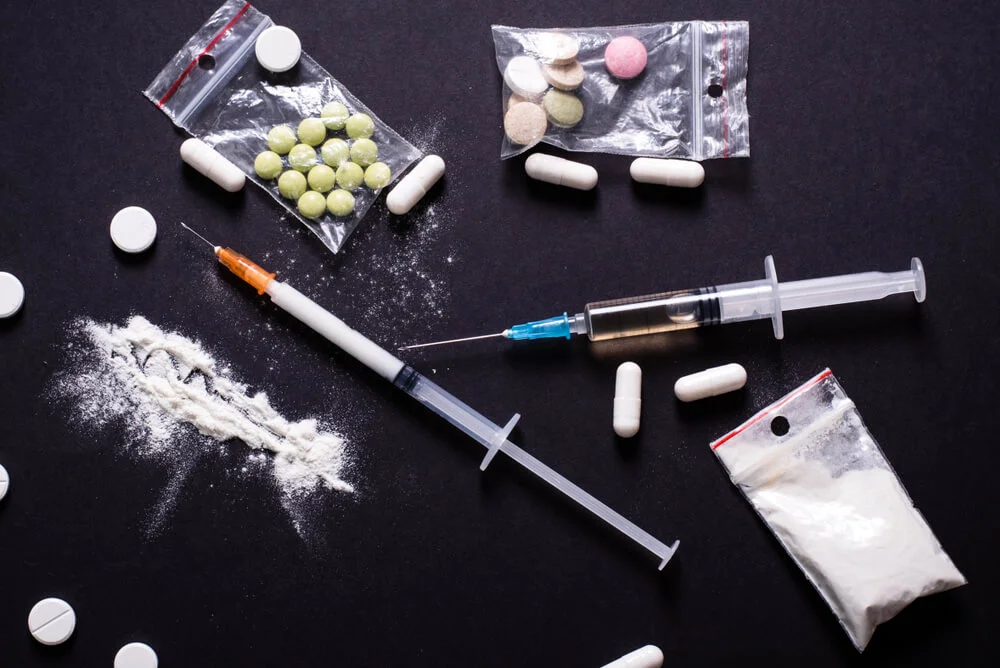
About 14% of the adult population in the United States has admitted to using buy cocaine online, a powerful stimulant that can either be smoked or inhaled to produce an instantaneous high. The high, which plays upon the brain’s neurotransmitters makes users feel extremely happy, energetic, but can also make them irritable, paranoid, restless, and anxious.
The effects of cocaine can last anywhere from 30 minutes to two hours. In addition to the psychological effects, physical symptoms of cocaine use include dilated pupils, high levels of energy, and very excited, fast speech.
Most of cocaine’s effects reported include the effects on the brain, but the drug affects the entire body. Cocaine increases heart rate and blood pressure, with artery constriction that can cause heart attacks and strokes. The respiratory system is also profoundly affected by both snorting and smoking, with damage to the sinuses and lungs. Constricted blood vessels I in the abdomen result in ulcers. It can also cause kidney damage and impair sexual function.
The neurotransmitters involved with producing the highs associated with cocaine use include norepinephrine, serotonin, and dopamine, which also play a role in psychological function. This means that once the high wears off, users report feelings of sadness and depression, which makes them anxious to get ahold of the drug again or they will start experiencing withdrawal symptoms.
Withdrawal symptoms for cocaine include depression, anxiety, fatigue, chills, aches, pain, tremors, increased cravings, and even suicidal thoughts. These symptoms can be very powerful and frightening for both the person experiencing them, and those around them, which is why it is best to withdrawal or detox under medical supervision.
There are also medications to help those with addictions resist cravings but they are only available through a physician. Such drugs include antidepressants and Disulfiram, a drug used to treat alcoholism. The NIDA is actively pursuing medications specifically designed to help cocaine users come clean, but none have been approved by the FDA.
So far, though, the most successful approach to cocaine addiction treatment has been residential and outpatient therapy programs designed to give those trying to get clean coping mechanisms to resist temptation and become productive members of society again.